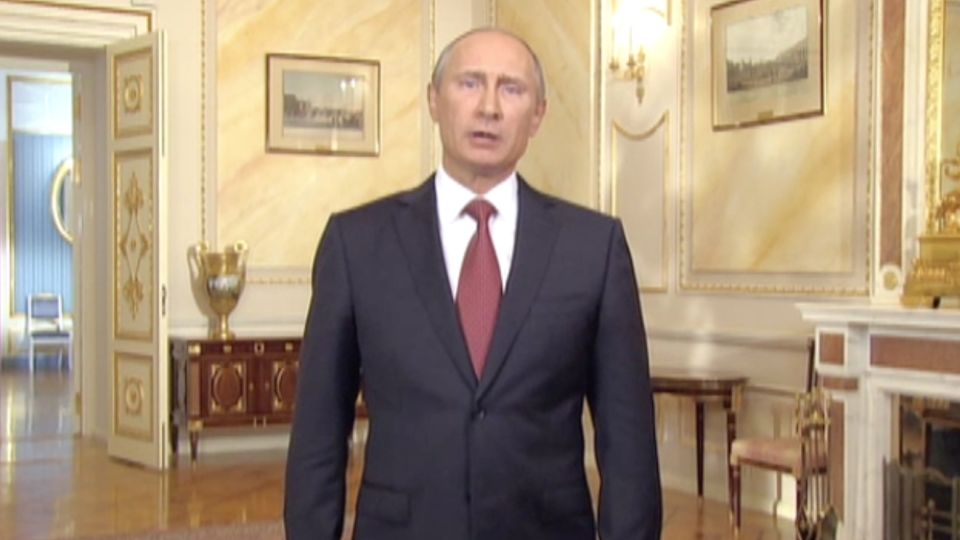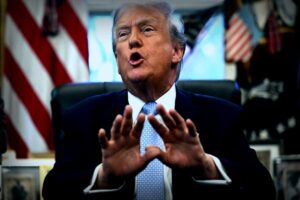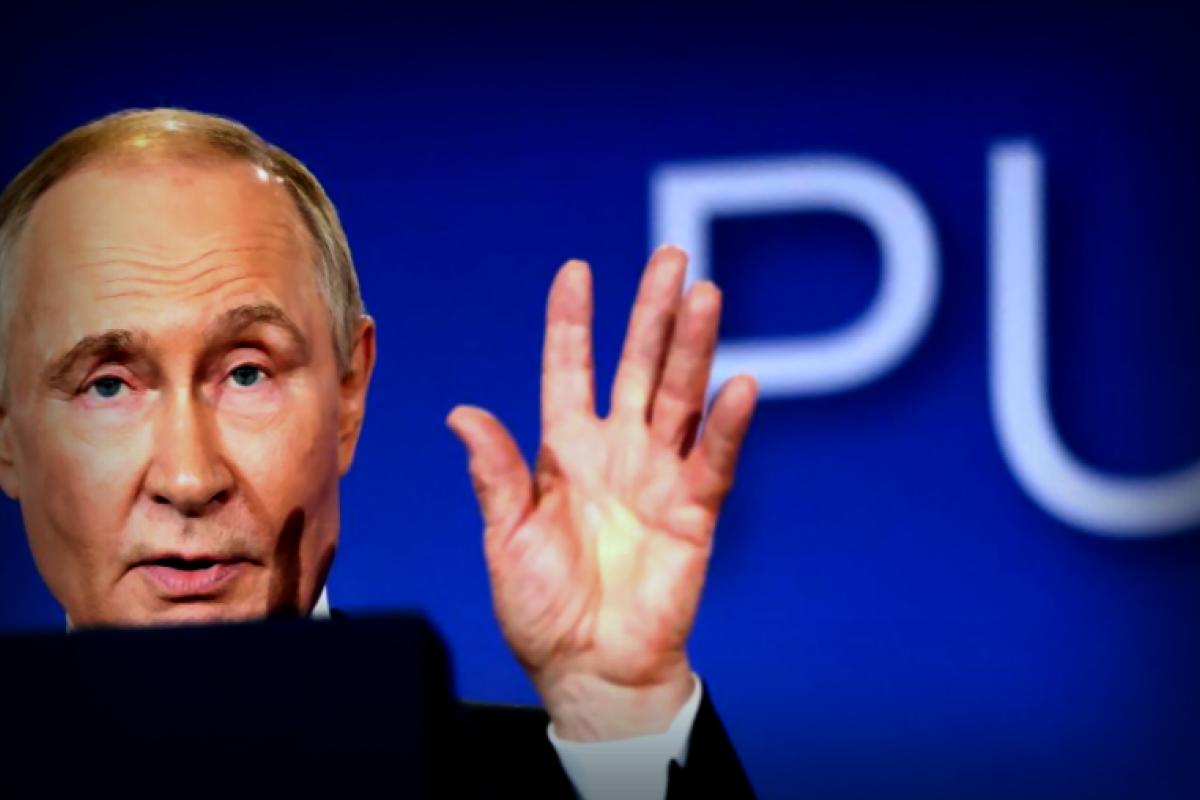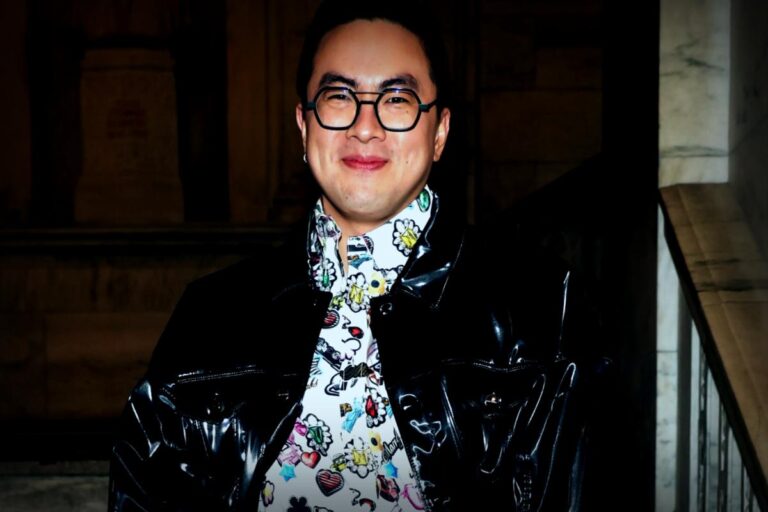During the Alaska summit, Russian President Vladimir Putin wrapped up the meeting with an unexpected burst of English, all while smiling.
As US President Donald Trump mentioned they might meet again soon, Putin simply replied, “And next time in Moscow,” without needing any translation.
It’s not the first time Putin has slipped in some English at international gatherings. He also expressed his appreciation by saying, “thank you so much” after his summit with Trump, which ended without a formal agreement regarding the ongoing conflict in Ukraine.
Ordinarily, though, Putin leans on translators for diplomatic discussions, keeping his English vocalizations to a minimum – a significant change for someone with a background as a KGB agent.
While fluency in German is often attributed to him due to his time in East Germany during the Cold War, he reportedly has quite a grip on the English language too. During a phone chat in May, Kremlin spokesman Dmitry Peskov noted that Putin could comprehend portions of what Trump was saying before it was relayed through a translator. This indicates he might have had a decent understanding during their brief interactions in Trump’s limousine shortly after they landed in Alaska.
Back in 2017, the Kremlin stated that Putin’s English comprehension is “almost complete” and that he sometimes corrects interpreters, revealing a level of comfort not typically expressed in high-stakes negotiations.
When negotiating, it’s common for leaders, including Putin, to use interpreters for precision. Peskov, who has extensive experience as a translator himself, explained that this method provides both parties the flexibility they need.
At the summit, lightened by remarks made in English, Putin didn’t seem to engage with reporters shouting questions regarding civilian casualties in conflict areas. He appeared to react to the inquiries with looks of confusion.
Putin frequently showcases his language abilities. Back in 2008, he gave a CNN interview partially in English about the Georgia conflict. Most notably, in 2013, he made an appealing two-and-a-half-minute statement in English regarding Russia’s bid for the 2020 World Expo in Yekaterinburg, asserting it would be a “priority national project” all in his distinctive Russian inflections.

One of his iconic English-language displays occurred at a charity event in St. Petersburg back in 2010, where he attempted to sing “Blueberry Hill” to an audience that included various significant Hollywood figures. Admittedly, he did have some stumbles but still made an effort that left an impression.
Earlier this year, during a video conference, he effortlessly conversed in German with a German citizen inquiring about acquiring Russian citizenship. His comfortable transition into Spanish humor drew chuckles from everyone in attendance.
After Putin’s English remark in Alaska, Trump wasted no time, hinting at possibly returning to Moscow for more talks: “Ooh, that’s an interesting one. I don’t know; I’ll get a little heat on that one, but I could see it possibly happening. Thank you very much, Vladimir.”
For more insights, check out CNN news and features by registering at CNN.com.




















